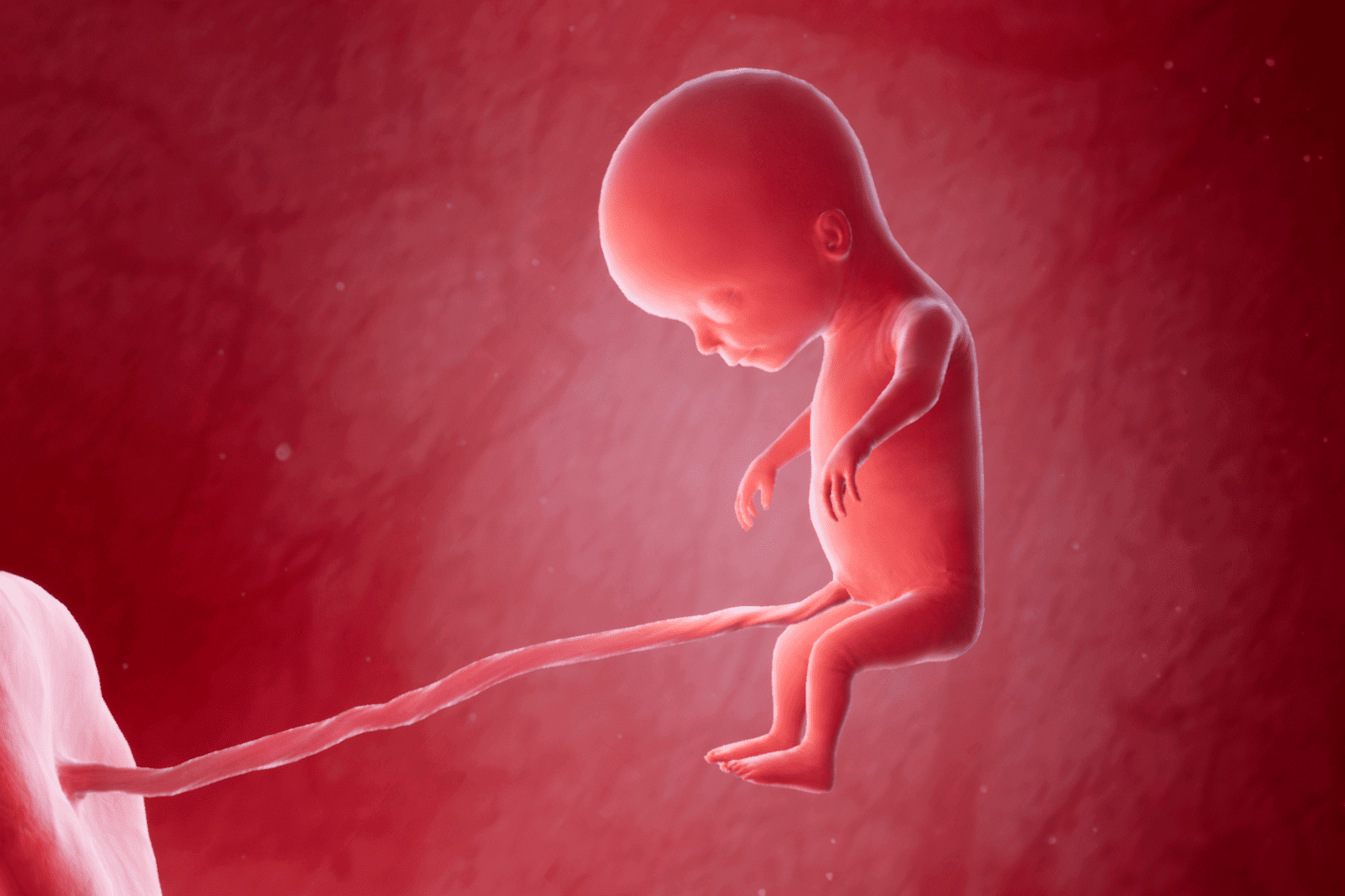Your Pregnancy, Week 14


So here you are, now entering the second trimester. All of the positives from the last week or so – increased energy, fewer trips to the bathroom, reduced breast tenderness, less morning sickness – will be continuing now. By week 14, you may also be starting to show, particularly to the people who know you well.
Your Body
This is a great time to reflect on all the good aspects of pregnancy. With your first trimester symptoms receding and before you get uncomfortably big, there is much to wonder at. Everything that has happened to date has happened to provide a perfect environment for your baby to develop and grow.
This is why the choices you make during pregnancy are important. Everything you do, from keeping active, eating healthily and avoiding unhealthy food, to continuing to take your pregnancy vitamins, can influence your baby’s development. Despite this, it is important to keep things in perspective, developing babies are very resilient. Whilst you should do everything you can to make the best decisions for your baby, it is OK to relax sometimes; to eat what you like and take a rest instead of exercising. Provided you maintain a lifestyle that is generally healthy, you will still be giving your baby a great head start.
You and your husband may be starting to wonder about the gender of your baby. In the next few weeks, it will likely become possible to identify the gender of your baby during a regular, non-invasive ultrasound. So, what are your plans? Do you want to know or not?
Lastly, there is one sign of pregnancy that you might be starting to experience around week 14. It is a type of pain called round ligament pain. As your uterus grows, it is supported by ligaments that hold it in place and connect to the groin and abdomen. As the uterus grows and gets heavier, more strain is placed on these ligaments, and they become thinner. For some women, this can be accompanied by a throbbing pain in the abdomen or a sharp pain upon movement. Experiencing any pain or discomfort during pregnancy can be worrying, but for many women, round ligament pain is a normal part of pregnancy. Talk to your healthcare provider about positions you can adopt to reduce it and try to spend some time each day resting, with your feet up.
Your Baby
Your baby’s foetal age is now 12 weeks. He or she is now about 10 cm long and weighs approximately 30 grams, which is about the size of a lemon or a small fist.
If you could see inside your womb, you would be able to see that your baby is now stretching out. Instead of spending all of the time curled into a little ball, he or she has a clearly defined neck that is supporting an increasingly more normal looking head. Similarly, the arms are more proportional to the rest of the body now, although the legs are still considerably smaller. From this stage of pregnancy it is more difficult to make generalisations about your baby’s size; some babies will grow faster than others during the second and third trimesters. This makes sense when you think about the range of normal birth weights (2.5 KG to 4.5 KG).
Finally, by week 14, your baby is starting to grow hair. He or she may have hair on their scalp and even eyebrows. Your baby’s body will also likely be covered with a downy type of hair called lanugo. This is a special type of foetal hair that protects your baby and helps to regulate their temperature whilst they are in utero. In most cases, it disappears before birth, but some babies are born with a covering of fine hair left over from their time in the womb.
What else can your baby do now? You might be surprised. As more and more organ systems develop, your baby can move gracefully, make a wide range of facial expressions, produce urine, create meconium (intestinal waste), reach out and make grabbing motions, and suck his or her thumb.
Doctor’s Tip:
“You can’t ignore your regular healthcare maintenance!”
Your Pregnancy, Week 13 < > Your Pregnancy, Week 15
Powered by Bundoo®










































